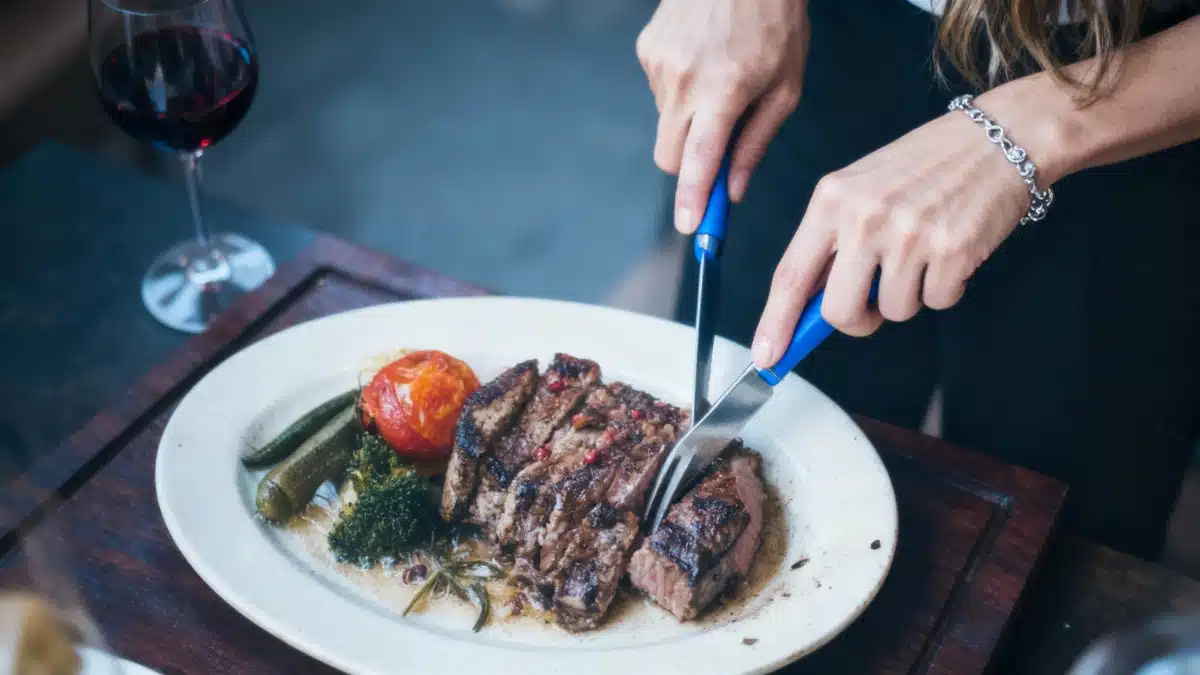Let’s face it: after a long day, nothing sounds quite as comforting as a big chocolate ice cream sundae, a Friday night pizza and Coke combo, or that mouthwatering burger and fries everyone’s raving about. But while an occasional treat won’t send your digestive tract into early retirement, top digestive doctors are nearly unanimous—there are some common foods they simply won’t touch, and not just because they’re killjoys at barbecues.
Why Gastroenterologists Say « No Thanks » to These Household Favorites
Most doctors and nutritionists know that totally depriving yourself of food you love can backfire—often leading to eating far more than you would have if you’d just enjoyed a taste now and then. But there exists a shortlist of foods that digestive health specialists avoid in 99% (okay, maybe 100%) of cases. While the odd detour won’t shave years off your life, as these experts make clear, making these foods a staple? That’s where the trouble starts.
The Red Flags: Processed Proteins, Red Meats, and More
- Protein bars (the processed kind): Don’t be fooled—having “protein” in the name doesn’t magically make these bars healthy. According to Dr. Harmony Allison, gastroenterologist at Tufts Medical Center, she never eats ultra-processed protein bars. Even the ones promising you superpowers may trigger bloating and gas. As she explains, these bars usually contain many additives of unknown benefit. Want protein? Try a cup of milk, a serving of peanut butter, or a handful of nuts instead.
- Red meat and processed meats: Sorry, steak lovers. The surveyed gastroenterologists are not fans of red meats, especially steaks and hamburgers. Dr. Reezwana Chowdhury of Johns Hopkins highlights that red meat and processed meat increase the risk of colon cancer and colon polyps—they’re packed with saturated fats. For those crunching the numbers: risk of colon cancer climbs in people eating over 100 grams of red meat per day. Hot dogs? Not on the menu for Dr. Rabia De Latour, professor at NYU Grossman School of Medicine, either. That also includes deli meats. Eating red or processed meats four or more times a week is linked to a 20% higher risk of colon cancer. Yes, you read that right.
- Fried foods: According to microbiology researcher Dr. Mahmoud Ghannoum, frying oils aren’t just a guilty pleasure—they can negatively alter your gut microbiota and accelerate the build-up of fat and other substances along artery walls (a process known as atherosclerosis). Keep this up long-term, and you could be booking an unwanted appointment with a cardiologist, thanks to heart attacks or strokes. Not quite the after-dinner surprise anyone wants.
- Sodas and sugary drinks: Love a fizzy drink? Dr. Simon C. Matthews at Johns Hopkins points out that while these sweet, bubbly beverages go down easy, they’re tied to chronic diseases like diabetes and heart disease. Sodas and other sweet drinks are notorious for bringing on bloating, burps, and reflux, especially if they contain caffeine or carbonation. In other words, you’re not just sipping on refreshment—you might be sipping on GI symptoms, too.
- Refined grains: Dr. Shilpa Grover, who leads the Onco-Gastroenterology Program at Brigham and Women’s Hospital, warns that refined cereals aren’t a friend to your gut. A high intake of red/processed meats and refined grains is clearly associated with a greater risk of diverticulitis (that’s inflamed pockets in your digestive tract—nobody’s favorite party guest).
A Little Can Go a Long Way—In Both Directions
Still feeling panicked at the thought of giving up your favorite deli sandwich or soft white bread? Relax. Even the experts believe that an occasional portion won’t destroy your digestive health. The key, as always, is moderation and a gentle approach.
Whole-grain bread is a better staple for your gut. And as for those “sometimes” foods—your Friday night pizza, or a slice of cake at a birthday party—don’t worry. Just keep the frequency in check, and you’re unlikely to anger your microbiome.
Final Thoughts: Navigating Old Favorites with New Knowledge
Let’s not kid ourselves: nobody’s expecting perfection. Gastroenterologists aren’t running secret flavorless kitchens—they know pleasure’s a part of life. Their advice? Think carefully about what’s going in, especially if it regularly comes in a wrapper, a sizzling fryer basket, or with an extra-large soda. Your future self—not to mention your colon—might just thank you for it.

John is a curious mind who loves to write about diverse topics. Passionate about sharing his thoughts and perspectives, he enjoys sparking conversations and encouraging discovery. For him, every subject is an invitation to discuss and learn.






